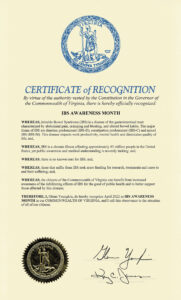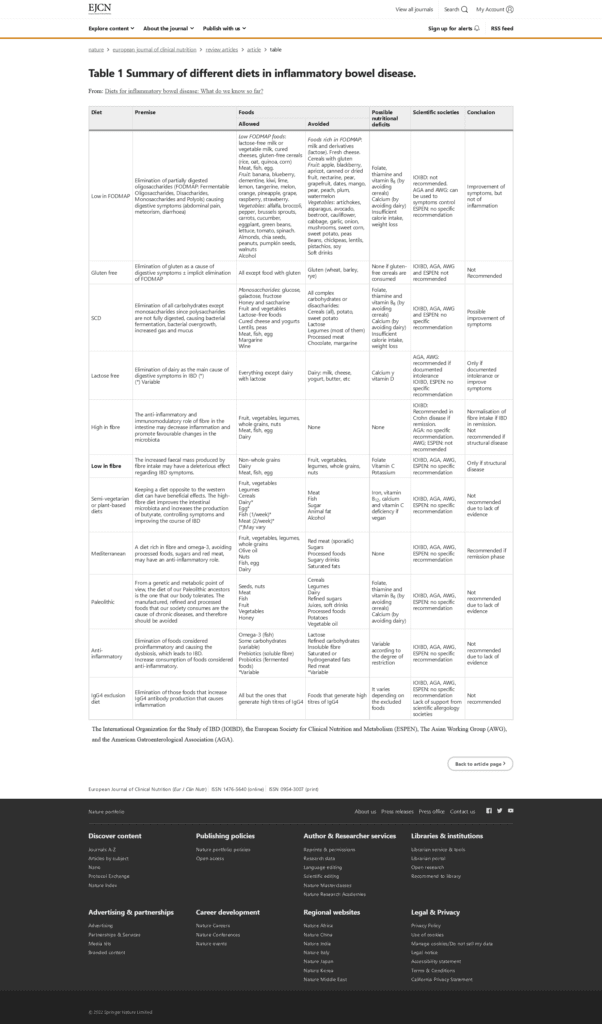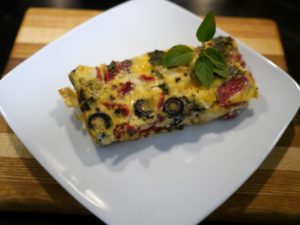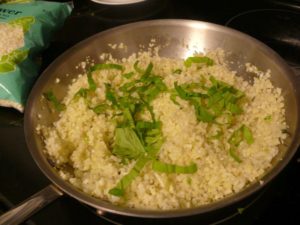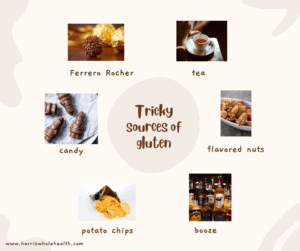 Often during the holidays, we’re traveling, with friends, relatives, in other people’s houses, and out of our typical orbit. So here’s a special holiday edition, highlighting a handful of things containing gluten.
Often during the holidays, we’re traveling, with friends, relatives, in other people’s houses, and out of our typical orbit. So here’s a special holiday edition, highlighting a handful of things containing gluten.
Ferrero Rocher are a holiday classic, especially for anyone who loves chocolate and hazelnuts. But sadly, they’ve got wheat as an ingredient.
Tea: we tend to think of this as a way of opting out of potential gluten. Some Yogi teas & Celestial seasonings have barley malt as an ingredient. Yep, even flavors that sound yummy like sugar cookie sleigh ride…and seriously, who keeps the box around to read the ingredients?There can be a cross contact concern for some teas, too. And have you ever heard of Bori-cha; dàmài-chá; mugi-cha; or be?h-á-tê? all names for barley tea. Caffè d’orzo is barley coffee, which is also out.
Candy: Yes, it’s important to think beyond the normal chocolate covered cookies and wafers and all that yummy stuff. All candy needs to be rechecked, even familiar candy. There are items that are regularly gluten free, like peanut butter cups, that sometimes aren’t gluten-free in holiday shapes. Sorry. There are some available in holiday wrappers, though, so do check the list.
Nuts: You know the main table with the crackers is out, so you grab a handful of nuts, thinking that must be safe. Right? If they’re plain or dry roasted nuts, you’re good. If they’re flavored, some use wheat to make things stick, like nuts.com’s Cajun or Japanese peanuts, for example, which have wheat. This may be the case if they’re homemade, or bought. This can be particularly tricky with brands with some gluten-free and some gluten-containing products, because it’s easy to assume everything is gluten-free from a brand.
Potato chips: on your mad dash through the airport, you’re trying to grab something to eat. The only thing that looks like a potential option is a bag of potato chips. Somehow in the overwhelm you miss…the malt flavoring, especially on salt & vinegar chips. I’d absolutely recommend bringing along extra plain nuts, fruit and or bars, especially for travel.
Alcohol: You know to stay away from gluten-removed beer, and that you’re good with wine, most ciders, and hard alcohol. But there’s something else which has become more popular. Wine coolers like Mikes often have malt (and nope, it can’t be fully removed) and malt beverages are out. Bottom line, aside from distilled alcohol, if it started gluten-free and no gluten was added, you’re good. If it started with gluten, it’s a no.
Of course, the biggest issue can often be cross-contact, which is a topic for a different day.
For ideas of naturally gluten-free options see this list with a ton of options.
Wishing you a wonderful holiday season.
Cheryl Harris, MPH, RD is a Registered Dietitian Nutritionist and Certified Wellcoach working with clients in VA, DC & MD. She helps people with a range of digestive problems, including Celiac, IBS, Crohn’s, Colitis, gastroparesis, EDS, POTS & more. Let’s get you on your way to achieving your goals and feeling great! Email or call 571-271-8742.


 Halloween lists, like
Halloween lists, like 
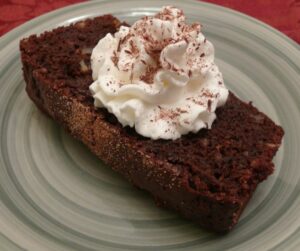
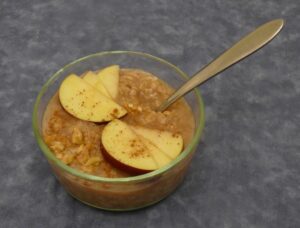

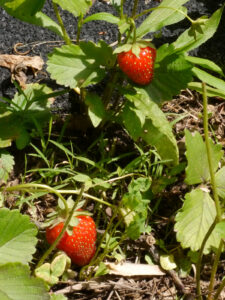 It’s still just barely still Celiac awareness month. So…may I recommend (request?) you do something to support the gluten-free community?
It’s still just barely still Celiac awareness month. So…may I recommend (request?) you do something to support the gluten-free community?
